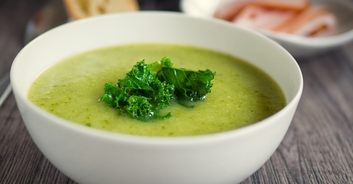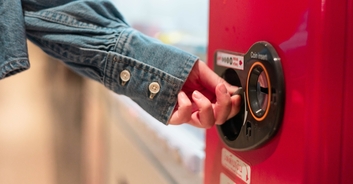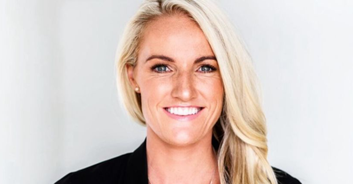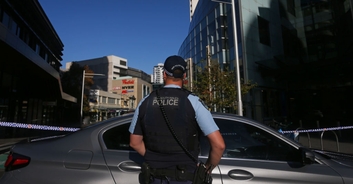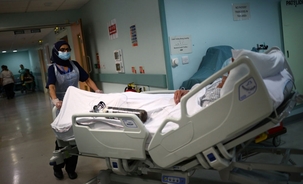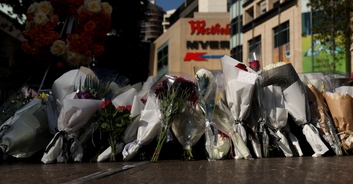The woman who took to social media to claim that she was Madeleine McCann has spoken out about why she did it and has issued an apology to the McCann family.
Julia Wandelt's story gripped the world in early 2023 as she sought to confirm who she was, using an Instagram account with the handle @iammadeleinemccann.
During an appearance on the Dr. Phil show, Julia revealed that her journey began when she started questioning her identity, suspecting her mother might not be her biological parent.
She delved into researching missing children, leading her to Madeleine's case and joining various Facebook groups dedicated to the unsolved mystery.

Julia's story took a twist when DNA test results confirmed her Polish heritage and it was evident that she was not the missing British girl.
Months after the event, Julia has opened up about her motives and the backlash she faced after the story went viral.
Speaking to the BBC, Julia said: "I never meant to hurt anyone – including [the] McCanns. I really wanted to know who I am."
Julia recalled her traumatic experiences as a child, as she had previously revealed that she was sexually abused at a young age and that she had taken to therapy and her memory had started to resurface.
As she grappled with the gaps in her memory, she started to question her identity, suspecting she might be adopted.
Frustrated by her family's lack of response to her inquiries, Julia turned to the internet for answers.
She shared her struggles, inviting both support and vicious attacks. Death threats and online abuse became a disturbing reality.
Despite facing backlash and losing some followers, Julia remains connected with those who continue to support her. Reflecting on her journey, she offered an apology to the McCanns, expressing concern for any additional distress her actions may have caused.
She said: "I apologized to the McCanns because I don't know them personally. I don't know if they were watching this journey, if they were sad, or whatever. And I just wanted to say sorry. Because every person can react in a different way and maybe it brought them more sadness."
Those connected to the McCanns and the Find Madeleine campaign have expressed a willingness to accept Julia's apology and forgive her.
Discussing the hate she received online, Julia said: "I knew that there will be people who will not believe me or hate me, but I didn't expect that I will get death threats, for example. It was something that I don't understand. People knew that I was abused and they all knew that I deal with depression.
"I was trying to be strong even when people said, you should die. You should be raped. You should be killed. You should be murdered. You shouldn't exist in this world. You're a b****."
When asked if she had any regrets, Julia said: "I would never go on social media. It can destroy you."







